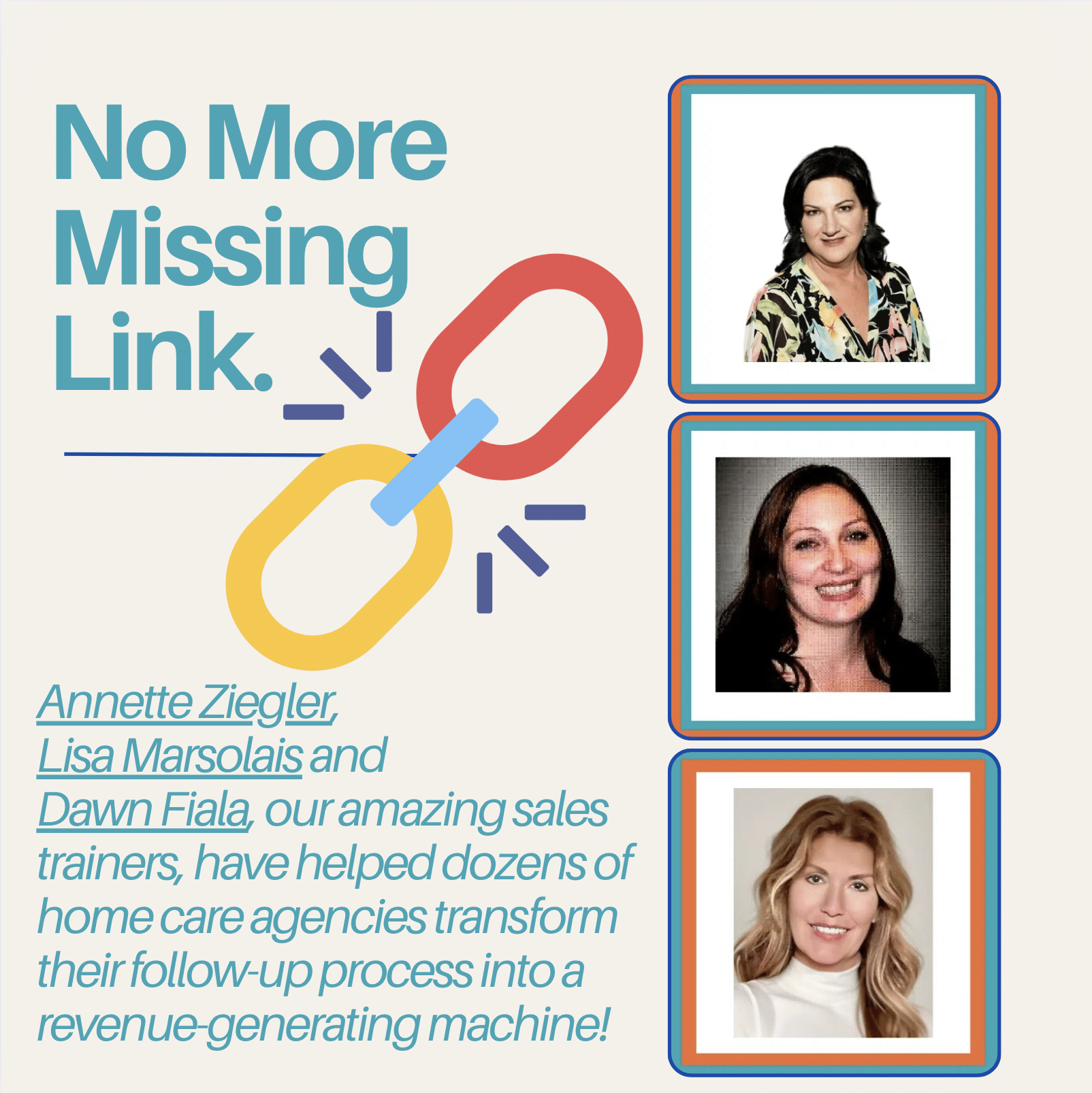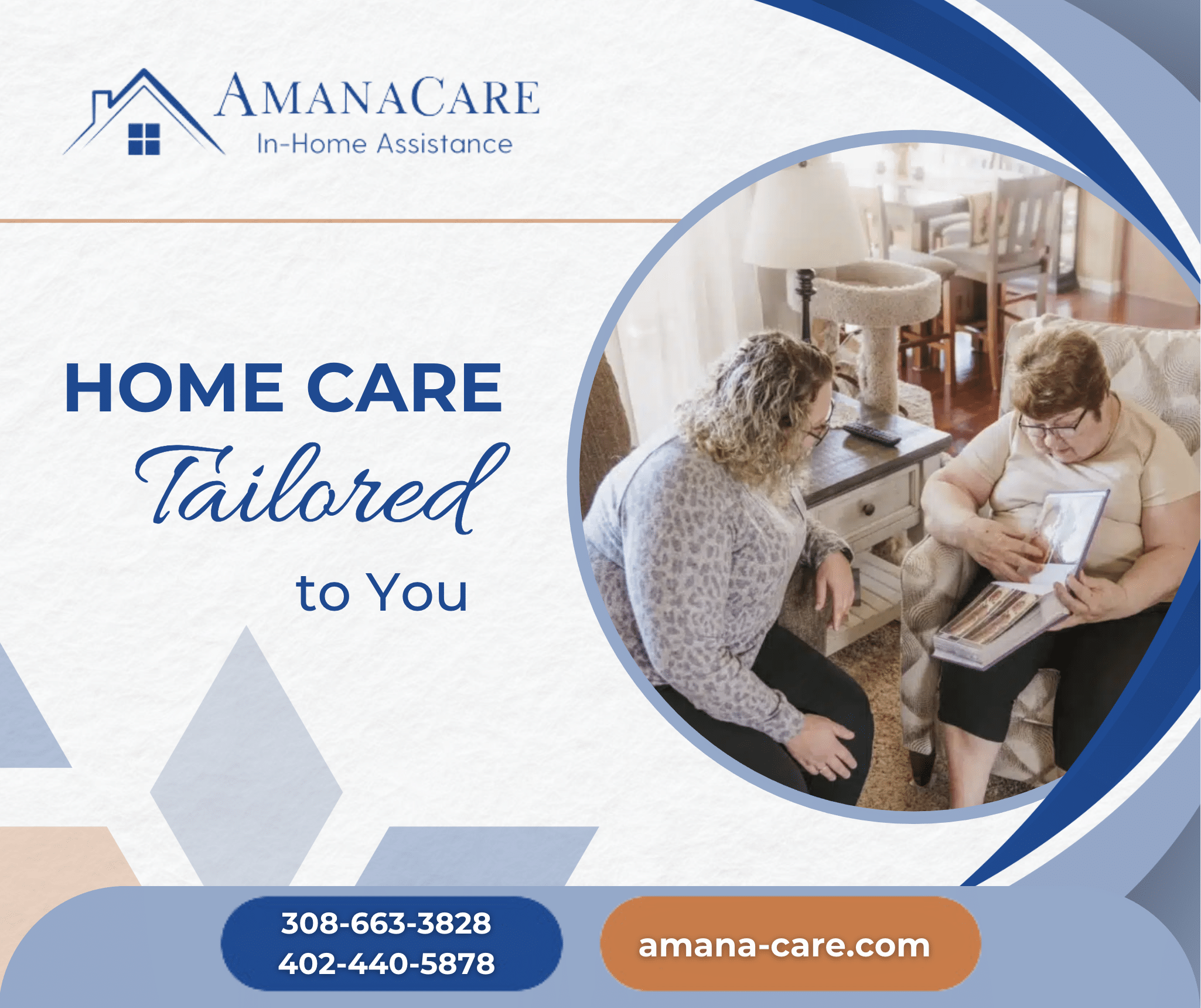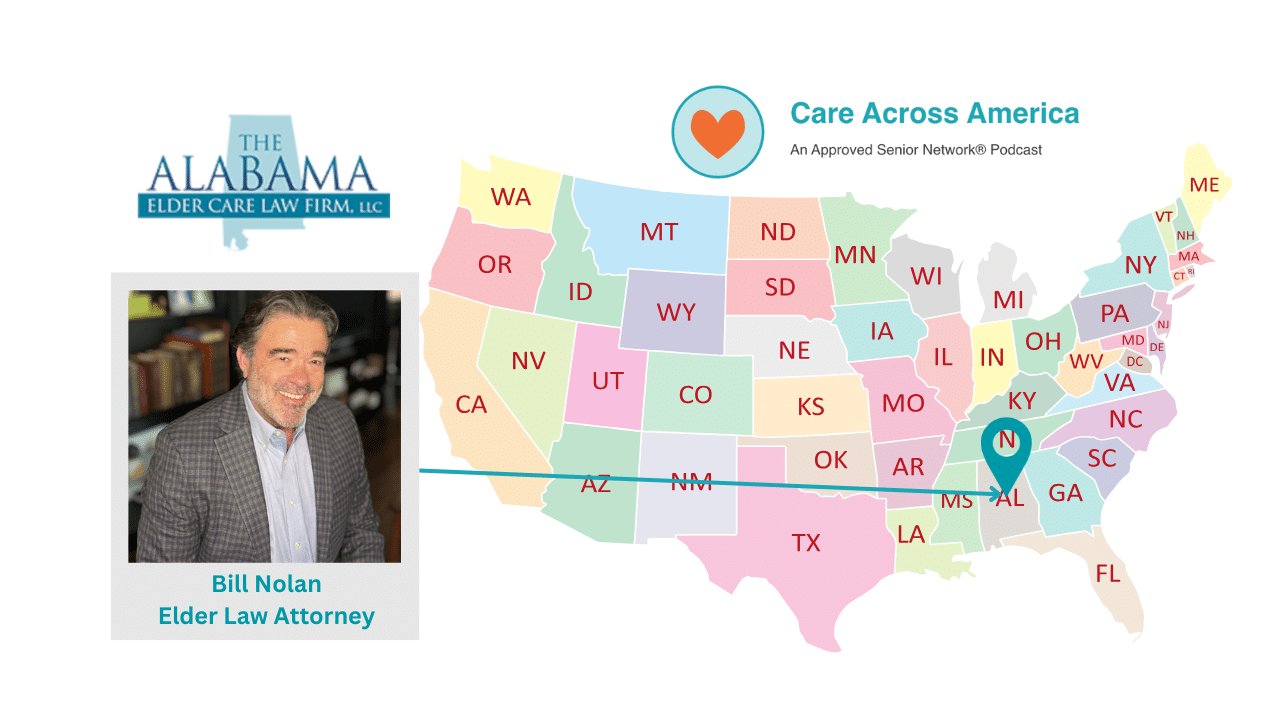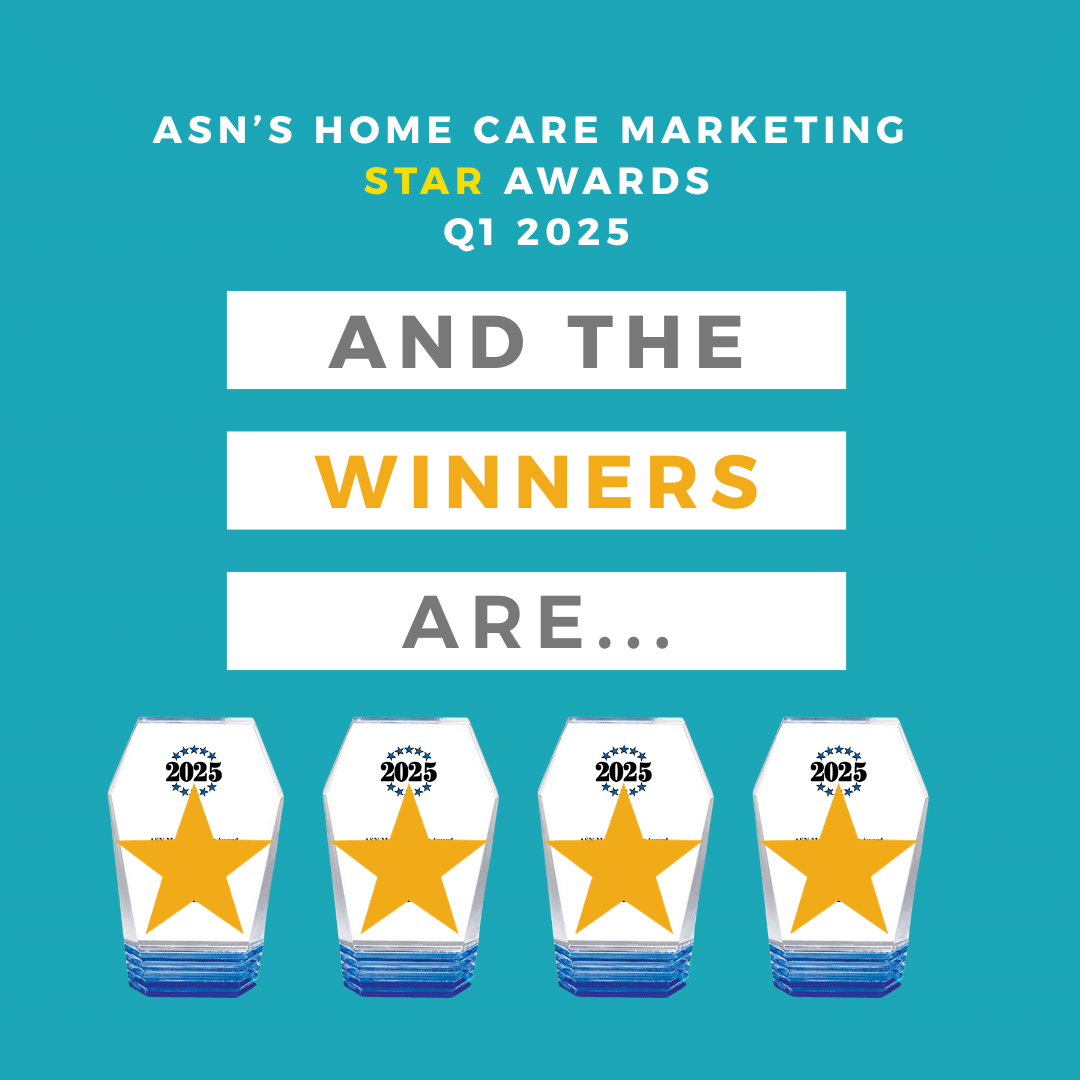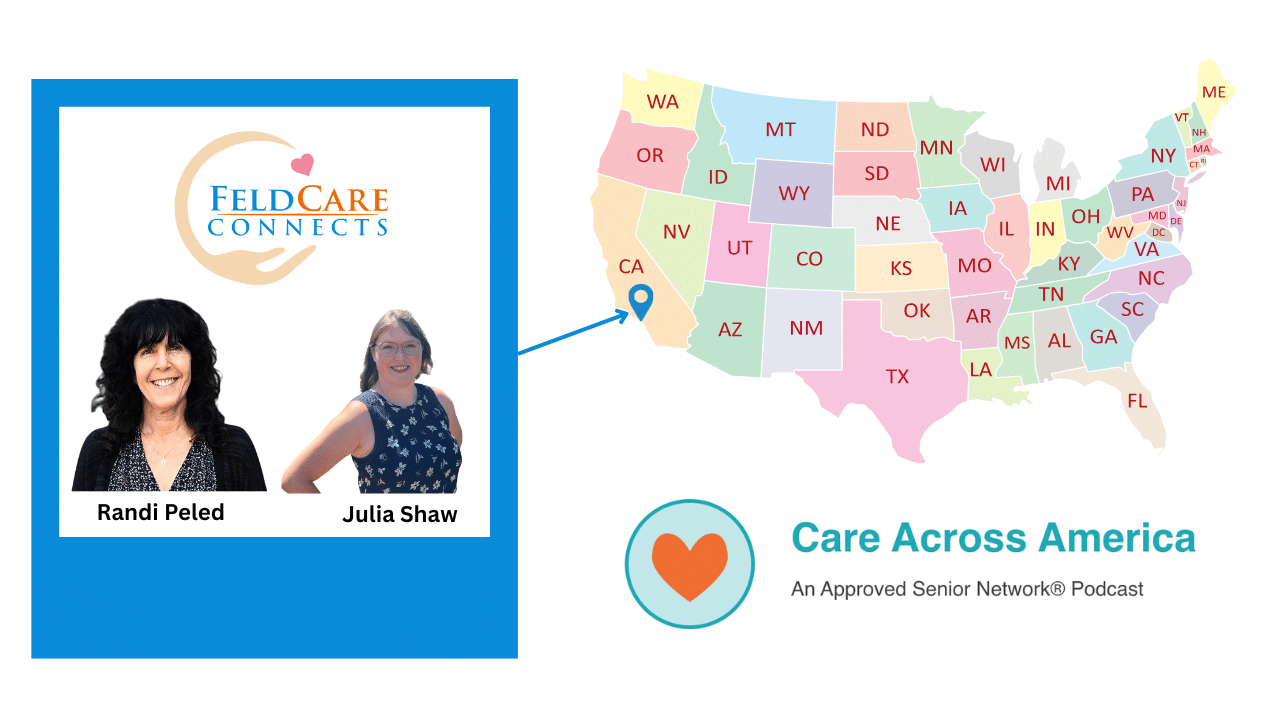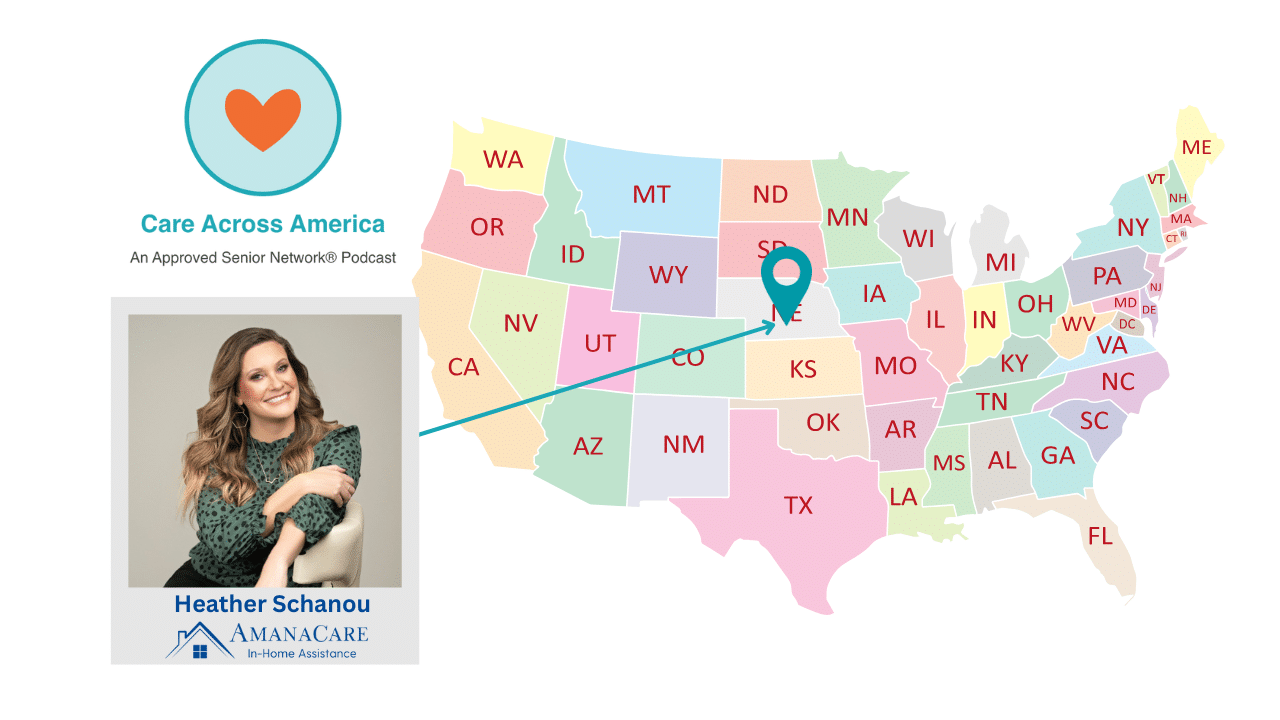Building emotional connections with target audiences is essential for home care providers to establish trust with potential clients. To achieve this, community liaisons must first understand their audience, including their deepest fears, highest aspirations, and most pressing pain points. By sharing relatable stories that address these concerns and hopes, providers can create a deep emotional bond with their audience. Empathy-driven content resonates powerfully with caregivers and their loved ones, fostering a sense of community and connection. When brands show vulnerability, they become more approachable and trustworthy. As caregivers learn to build emotional connections, they’ll find the key to differentiating their brand and earning client loyalty.
Understanding Your Target Audience
Understanding the target audience is vital for home care sales people seeking to build emotional connections with their clients. It’s essential to recognize that the target audience extends beyond the individual in need of care, encompassing their family members and loved ones. A deep understanding of their concerns, fears, and aspirations enables caregivers to tailor their approach, providing personalized support.
Community liaisons must identify the specific pain points their target audience faces, such as feelings of isolation or loss of independence. By doing so, they can develop empathetic marketing strategies that directly address these concerns. This understanding also allows business development professionals to highlight the aspects of their services that specifically address these needs, ultimately fostering a sense of trust and connection.
Storytelling in Home Care Marketing
Emotional Connection in Home Care Marketing: The Power of Storytelling
Creating an emotional bond with potential clients is a vital aspect of effective home care marketing. Storytelling is a powerful tool that enables home care providers to share their values, mission, and passion, allowing potential clients to form a deeper connection. This approach humanizes the brand, making it more relatable and trustworthy.
Real-life experiences, successes, and testimonials are key components of storytelling in home care marketing. By sharing these stories, providers can create an emotional resonance that resonates with their target audience. This approach helps break down the barriers of situational anxiety, enabling potential clients to envision themselves receiving care and feeling empowered to take control of their well-being.
Storytelling in home care marketing can also create a sense of freedom and reassurance, ultimately driving decision-making in favor of the provider. By sharing stories of hope, comfort, and independence, providers can demonstrate their commitment to delivering exceptional care and support. Effective storytelling can make all the difference in a potential client’s decision to choose one home care provider over another.
The Power of Emotional Storytelling

Emotional storytelling has a profound impact on potential clients, allowing them to form a deeper connection with a home care provider. It’s about sharing a feeling that resonates with the audience, not just a story. When done effectively, emotional storytelling evokes feelings of empathy, compassion, and understanding. This, in turn, builds trust and credibility with potential clients, making them more likely to choose a home care provider.
In the context of home care marketing, emotional storytelling acknowledges the emotional struggles that come with caring for a loved one. It demonstrates a provider’s understanding of the challenges and fears that families face, and their commitment to providing compassionate care. By sharing relatable stories, home care providers create a sense of connection with potential clients, making them feel seen, heard, and understood. This emotional connection is vital in building trust and loyalty, driving business growth and success. By tapping into the emotions of their audience, home care providers create a lasting impression that sets them apart from competitors.
Empathy Driven Content Creation
Empathetic understanding is the backbone of effective content creation in home care marketing. By putting themselves in their customers’ shoes, providers can identify the fears, hopes, and concerns driving their decision-making processes. This understanding enables the creation of content that speaks directly to the hearts and minds of caregivers and their loved ones, offering comfort and reassurance.
Creating empathy-driven content involves more than just crafting a compelling narrative. It requires a genuine commitment to understanding the emotional landscape of one’s audience. When done correctly, it fosters a sense of connection and community, allowing providers to build trust and establish themselves as trusted allies in the caregiving journey.
Providers who prioritize empathy in their content creation can break down barriers and create meaningful relationships with their audience. By doing so, they can drive loyalty and growth. Empathy-driven content has the power to resonate deeply with caregivers and their loved ones, ultimately leading to a stronger connection with the brand.
Building Trust Through Vulnerability
When individuals share their stories, fears, and hopes, they create an unspoken agreement: they trust us to listen, to understand, and to help. Home care providers can build trust with their audience by sharing relatable stories, authentic experiences, and heartfelt testimonials. This emotional connection is rooted in shared humanity, fostering a sense of unity and understanding.
By demonstrating vulnerability, home care brands show that they’re not just businesses, but individuals who care. This vulnerability humanizes the brand, making it more approachable, relatable, and trustworthy. Potential clients are more likely to entrust their loved ones to a brand that has shown empathy and understanding.
Vulnerability in home care marketing can be a powerful tool, helping to establish a deeper connection with the target audience. By sharing stories and experiences, home care providers can demonstrate their commitment to helping others, building a sense of trust and loyalty with their audience.
Need assistance with home care sales training? Read more here.
FAQ: Building Emotional Connections in Home Care Marketing
1. Why is it crucial to build emotional connections in home care marketing?
Building emotional connections with potential clients is essential for home care providers to establish trust. By understanding their audience’s fears, aspirations, and pain points, providers can share relatable stories that resonate deeply and foster a sense of community and connection. This approach helps differentiate a brand and earn client loyalty.
2. How can home care providers understand their target audience better?
Understanding the target audience goes beyond the individual needing care; it includes their family members. Providers need to research and identify:
- Concerns and Fears: Such as the fear of losing independence or the challenges of managing a loved one’s care.
- Aspirations: What are their hopes for their loved one’s well-being and quality of life?
- Pain Points: What specific challenges are they facing in their caregiving journey?
By addressing these points through empathetic marketing and services, providers build trust and connection.
3. What role does storytelling play in building emotional connections?
Storytelling humanizes a brand and makes it relatable. Sharing real-life experiences, successes, and testimonials of those who have used the service allows potential clients to connect on an emotional level. Stories of hope, comfort, and independence can be powerful motivators for choosing one provider over another.
4. How can home care providers create empathy-driven content?
Empathy-driven content goes beyond simple narratives. It requires genuinely understanding the emotional landscape of the audience. Providers need to:
- Step into their customer’s shoes: What are their daily struggles? What brings them joy?
- Address fears and anxieties: Acknowledge the challenges of caregiving and offer solutions.
- Highlight successes: Showcase positive outcomes and how the provider makes a difference.
5. Why is vulnerability important in building trust with potential clients?
Vulnerability humanizes a home care brand. By sharing authentic stories, challenges, and even failures, providers demonstrate that they are not just a business, but individuals who genuinely care. This fosters a deeper connection and makes the brand more approachable and trustworthy.
6. How does building emotional connections impact a home care business?
Emotional connection builds trust and loyalty, which are key drivers of business growth. When clients feel understood and valued, they are more likely to choose a particular provider and recommend them to others.
7. What are some practical examples of emotional storytelling in home care marketing?
- Client Testimonials: Sharing heartfelt stories from clients about how the home care service positively impacted their lives.
- Caregiver Spotlights: Showcasing the dedication and compassion of caregivers through personal stories and experiences.
- Blog Posts and Articles: Addressing common fears and concerns of seniors and their families with empathy and practical advice.
8. How can home care providers measure the success of their emotional marketing efforts?
- Client Feedback: Actively seek testimonials and reviews that highlight the emotional impact of the services.
- Website and Social Media Engagement: Track increases in website traffic, social media engagement, and shares of emotional content.
- Referral Rates: Monitor the number of referrals generated through word-of-mouth, which often stems from positive emotional experiences.




